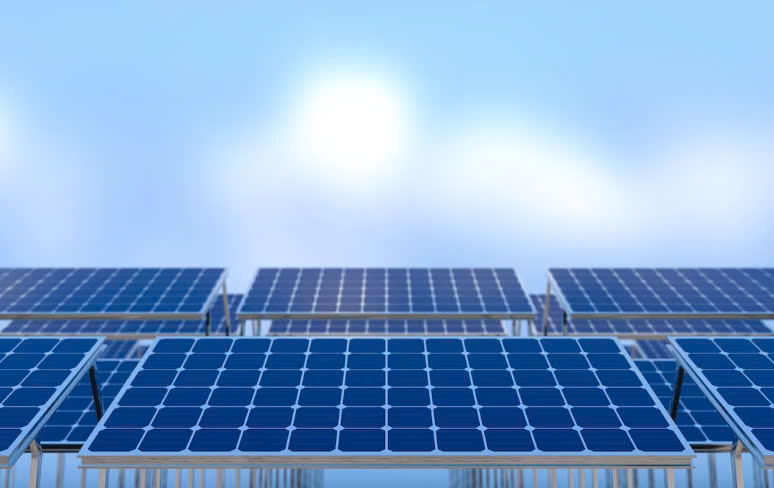In the face of increasing global pressures on energy demand, solar power emerges as a viable and sustainable solution. With the rapid growth of the global population and the continuous development of economies, the demand for energy has reached unprecedented levels. Therefore, finding alternative, clean, and efficient energy sources is more crucial than ever.

Solar energy, with its ability to harness sunlight to generate electricity, proves to be one of the most promising solutions to address energy demand pressures. Unlike traditional energy sources such as coal or oil, solar power is not only abundant but also highly environmentally friendly. It produces no harmful emissions or adverse effects on ecosystems, offering a clean source of electricity without exacerbating climate change.
One of the greatest advantages of solar energy is its feasibility and broad applicability. Solar power systems can be installed on residential rooftops, commercial buildings, or even on rural lands. This not only reduces dependence on the main power grid but also lowers electricity costs for consumers. Moreover, the development of energy storage technologies like solar batteries is becoming increasingly popular, enhancing stability and ensuring a continuous power supply even when the sun is not shining.
The rise of solar power also translates to the creation of numerous new job opportunities and stimulates technological innovation. The solar energy industry is attracting significant investment in research and development of new technologies, from improving the efficiency of solar panels to advancing energy storage systems. These advancements not only help reduce the cost of solar power production but also increase its competitiveness compared to traditional energy sources.
Transitioning to solar energy also alleviates pressure on the existing power grid, which often faces overload and frequent disruptions. Developing decentralized solar power systems helps reduce strain on the main grid and improves the stability of the electrical system. This not only benefits urban areas but also contributes to improving the quality of life in rural and remote regions.
However, the adoption of solar energy still faces some challenges. The initial cost of installing solar power systems can be high, and reliance on weather conditions may affect the continuous supply of electricity. Nevertheless, these challenges are gradually being addressed through technological advancements and supportive government policies worldwide.
Solar power increasingly demonstrates its crucial role in addressing energy demand pressures. With its environmental benefits, broad applicability, and potential for job creation, solar energy is not only a sustainable solution but also a key factor in building a green and clean energy future. As technology continues to evolve and costs decrease, solar power will continue to play a significant role in meeting global energy needs sustainably and efficiently.
Hotline
Hotline